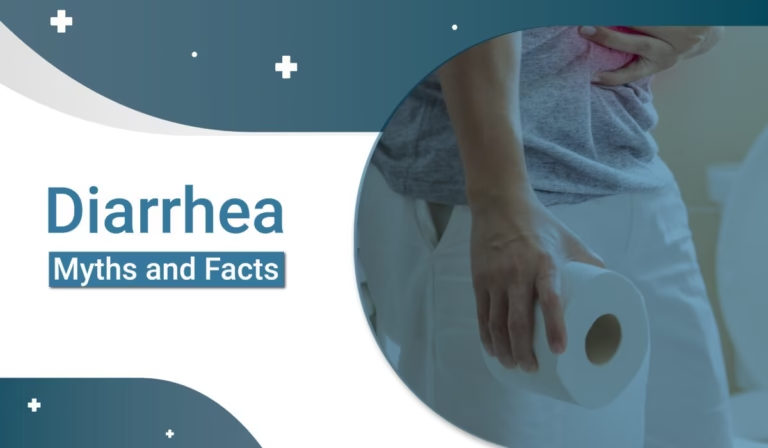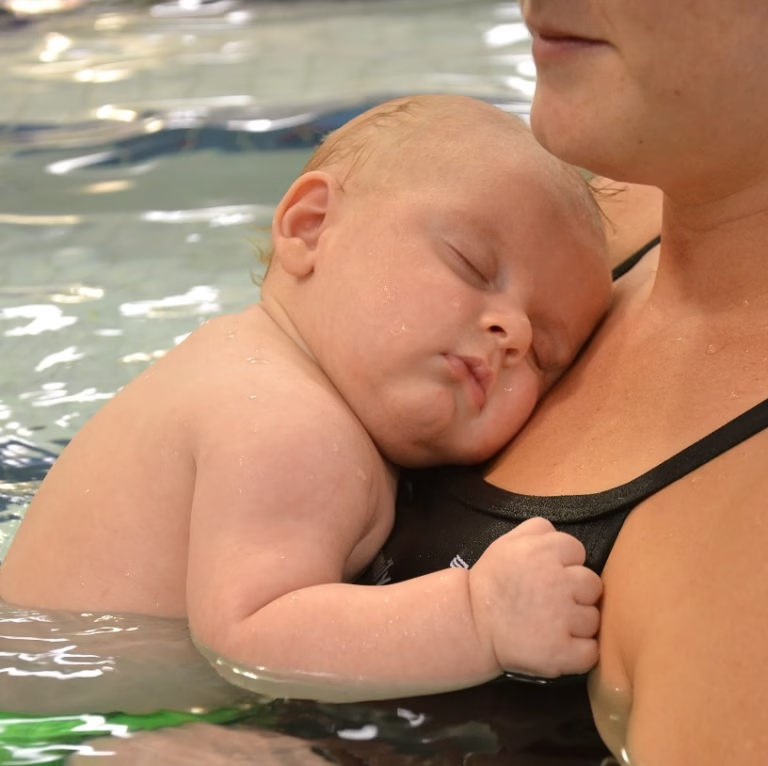Do Pacifier Sizes Matter: Unveiling Infant Comfort Secrets
Pacifier sizes are critical for baby’s oral development and safety. The right size ensures comfort and reduces risk of choking hazards. Choosing the correct pacifier size for your baby often involves navigating an array of options that can seem daunting to new parents. As infants grow, their mouths develop, necessitating pacifiers that support this growth…







